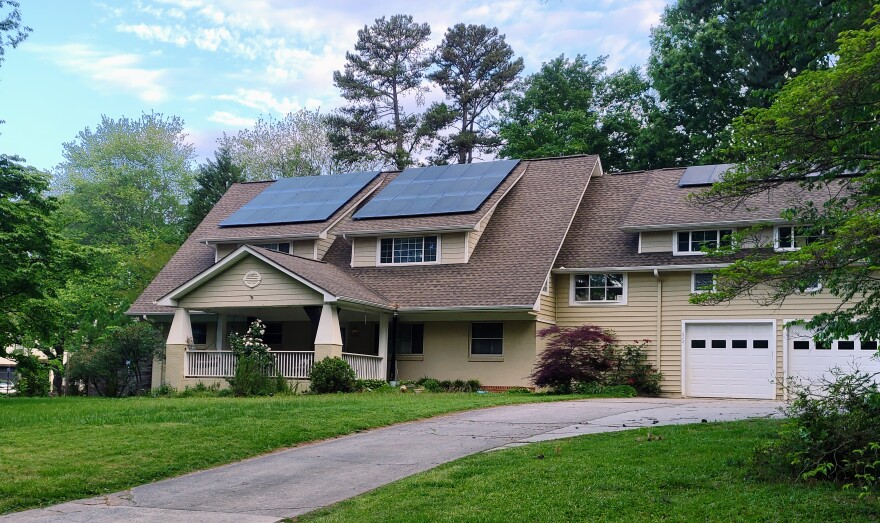North Carolina has received $156 million to start EnergizeNC, as part of the Environmental Protection Agency's Solar for All grants. The program is meant to fund projects that expand community and residential solar in low-income and disadvantaged communities to lower energy costs.
The program will prioritize single-family homes, but owners of multifamily affordable housing units will be able to apply. In some cases, the program may include battery storage.
Some funds may be used for upgrades to help homes accommodate solar panels, but there are limitations. Single-family homes must be in good repair — such as those that have already matriculated through the state’s Weatherization Assistance Program. Residents may also apply for energy-related home improvement funding through the Energy Saver North Carolina program.
Community members across the state met virtually last week to provide direction and input on EnergizeNC, with many voicing concerns about equity. Courtney Patterson, a Kinston resident and vice president of the North Carolina NAACP, said he's worried that not everyone will be able to benefit from the grants.
“I have a great concern about many, many times that organizations that I serve and work for — or with — are omitted in terms of distribution of funding around federal dollars, state dollars that don't get there,” Patterson said.
During the meeting, Kristen Hefner, an organizer with Down Home North Carolina, asked the program’s leaders how low-income residents will access the program:
“In order to get solar panels, you need to have a newer roof and weatherization for your home,” Hefner said. “Obviously, that's going to be a bigger issue for lower-income people.”
The state plans to launch workforce training and enrollment by the end of the year.


